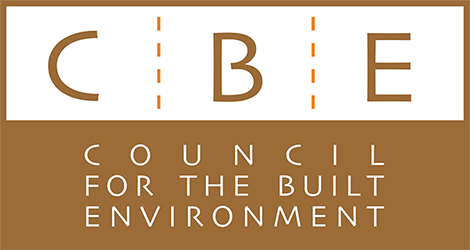South African town planners shouldn’t celebrate World Town Planning Day
The 2024 World Town Planning Day coincides with the Built Environment Climate Change Indaba, which is convened in partnership with Mandeni Local Municipality. When we started conceptualising this Indaba, a series of questions were posed: Why Mandeni? My response was, why not Mandeni? I responded in this manner because I strongly believe that we must localise the climate change conversation. By doing so, we will ensure that we leave no one behind. But importantly, this will allow us to build environment professionals who can tap into local knowledge and learn from each other on how to collectively drive climate change mitigation programs and ensure joint implementation.
Now, let me turn to World Town Planning Day in the context of the climate change indaba. In July 2024, President Ramaphosa signed the Climate Change Act into law. The Act calls for a joined-up approach to dealing with climate change impacts and establishes governance structures to enable community participation.
Do you remember what President Ramaphosa said in 2023? He said, and I quote: “There is a lack of capacity within the state, especially at the local government level. We don’t have well-qualified CFOs, engineers, or town planners. Apartheid robbed us of having a plethora of town planners in the education system.”
In my view, this couldn’t be more accurate, then and now.
The spatial inequality that we are witnessing today in Johannesburg, Cape Town, and eThekwini is essentially embodied and propagated by town planners. It is my considered view that the tragic consequences of the apartheid era continue to rear their ugly head. This lingering legacy continues to shape the geography around us, causing imbalance and disparity. Look around; gated communities are now the norm, birthed and nurtured by our own town planning strategies. I must add that it is our inability to administer spatial planning to drive spatial justice.
Our beloved profession is under threat due to the incompetence and corruption of those assigned to protect it. The integrity of the field is diluted as virtually anyone can pose as a town planner, endangering the urban development discourse.
Our contemporaries who subscribe to a traditional form of planning, centered around maintaining the status quo, are being led astray. Lost in land use management, spatial development frameworks, and convoluted urban policies, the quintessence of what town planning can achieve is being overlooked!
This calls for an introspective inquiry into our roles as town planners. Are we willing to continue driving an imported and uninspiring foreign South African urban development agenda, one that lacks passion, or could we strive for more?
I believe it’s high time for town planners to become advocates for change. Let’s use World Town Planning Day to refocus our ambitions and be transformative in our approach.
Let’s not merely celebrate an annual event but acquire a fresh perspective on our duties as town planners, devoted to shaping an equitable, balanced urban landscape for our beloved South Africa.

